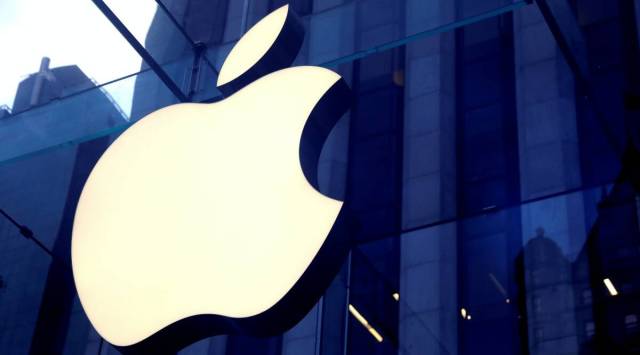It seems like Apple’s antitrust woes in the European Union (EU) are not ending any time soon. The European Commission’s competition chief Margrethe Vestager flagged “very serious issues” regarding the tech giant’s compliance with the Digital Markets Act (DMA), which aims to curb the dominance of big tech companies.
“We have a number of Apple issues; I find them very serious. I was very surprised that we would have such suspicions of Apple being non-compliant,” Vestager said in an interview with CNBC on June 18.
“[Apple] are very important because a lot of good business happens through the App Store, happens through payment mechanisms, so of course, even though you know I can say this is not what was expected of such a company, of course we will enforce exactly with the same top priority as with any other business,” she said.
While the investigation is still underway, Apple would have to pay a fine amounting to 10 per cent of its total worldwide annual turnover if its App Store practices are found to be in violation of the DMA.
On March 4 this year, the EU levied a penalty of $1.8 billion against the iPhone maker in a different antitrust case after regulators found that Apple unfairly prevented music-streaming platforms like Spotify from not just linking to external subscription options but also telling iOS users about cheaper subscription deals outside of the App Store.
Why is Apple under the EU’s antitrust lens?
On March 25, 2024, the European Commission announced that it has launched probes against Apple as well as Alphabet, Meta and Google’s parent company, for falling short of “effective compliance of their obligations under the DMA.”
This time, EU regulators are not just investigating Apple App Store’s anti-steering provisions but also looking into whether the tech giant is allowing end users to
- Easily uninstall any software applications on iOS
- Easily change default settings on iOS
- Easily allow them to select an alternative browser or search engine on their iPhones
“The Commission is concerned that Apple’s measures, including the design of the web browser choice screen, may be preventing users from truly exercising their choice of services within the Apple ecosystem, in contravention of Article 6(3) of the DMA,” an official press release read.
What does the EU’s Digital Markets Act say?
For starters, the DMA classifies tech giants such as Apple, Alphabet, Meta, Amazon, Microsoft, and few other services as ‘gatekeepers’ that are mandated to follow specific rules including allowing users to install third-party apps or app stores, allowing users to uninstall pre-installed apps and change defaults, giving users options to stop being profiled for targeted advertising and the like.
In the case of Apple, the DMA specifically requires gatekeepers to allow app developers (like Spotify) to steer users to offers outside the gatekeepers’ app stores, free of charge.
If a gatekeeper does not comply with the DMA’s rules, the European Commission can “impose fines of up to 10% of the company’s total worldwide annual turnover or 20% in the event of repeated infringements and periodic penalty payments of up to 5% of the company’s total worldwide daily turnover.”
Under the DMA, the Commission is also empowered to break up or restructure the businesses of gatekeepers in order to achieve compliance.
Meanwhile, other countries are also coming up with their own legislation targeting the anti-competitive practices of Big Tech. The Indian government has released a draft version of the Digital Competition Bill and recently held talks with industry stakeholders to discuss the bill’s impacts, as per reports.
© IE Online Media Services Pvt Ltd
First uploaded on: 19-06-2024 at 15:21 IST


